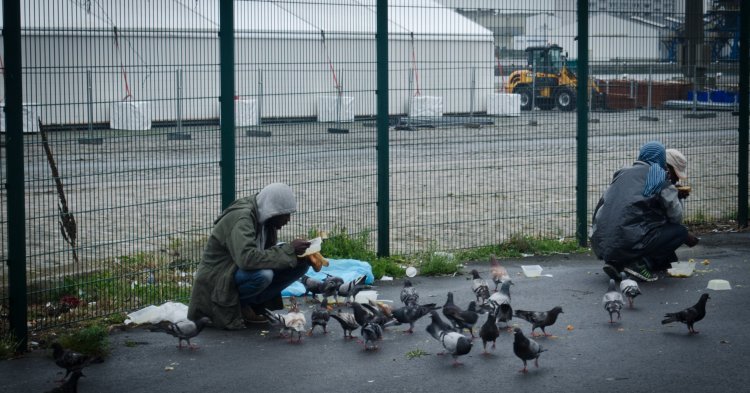The “refugee” crisis and the European Union’s inefficiency in dealing with emergency
Over 500,000 migrants and asylum-seekers have attempted to reach the EU since January 2015. Moreover, 20,000 come to Greece every week. Further, and according to the International Organization for Migration’s latest figures, 430,000 migrants and asylum-seekers have attempted to cross the Mediterranean, an area that accounts for over 75% of all migrant deaths in the world since 2014.
In this context, the EU is facing hardships in trying to find efficient solutions to manage the flows of people coming mainly from the Middle-East and Sub-Saharan Africa. In September 2015, the European Commission’s relocation and resettlement scheme failed to gather consensus among Member States. Furthermore, the set of measures agreed at the November 2015 Valetta Summit, especially the launching of an African development fund, are inadequate for dealing with the crisis the EU is currently facing. Indeed, it’s priorities are long-term and cannot deal with the current emergency.
European territorial cooperation as a response to the crisis?
In this context, one is entitled to wonder whether European territorial cooperation could be an efficient solution to the issues of migrants’ and asylum seekers’ welcoming to, and moving across, Europe.
For instance, one can imagine projects designed to facilitate the welcoming and transit of refugees at borders. Indeed, the pooling, among border authorities, of welcoming structures – as well as the reorientation of projects such as the “trans-border emergency medical assistance” in the Upper Rhine or the HABITREG programme that brings together Belgian, French, and Luxemburg local representatives around housing issues – could contribute to a better welcoming of asylum-seekers and migrants. Finally, a facilitated management of means of transport and communication at a trans-border level could offer migrants better transit conditions between EU Member States.
Yet, an efficient territorial cooperation between Member States require a common political will in this respect. That is without a doubt the fundamental issue that needs to be addressed by the EU if the crisis is to be solved.


Follow the comments: |
|
